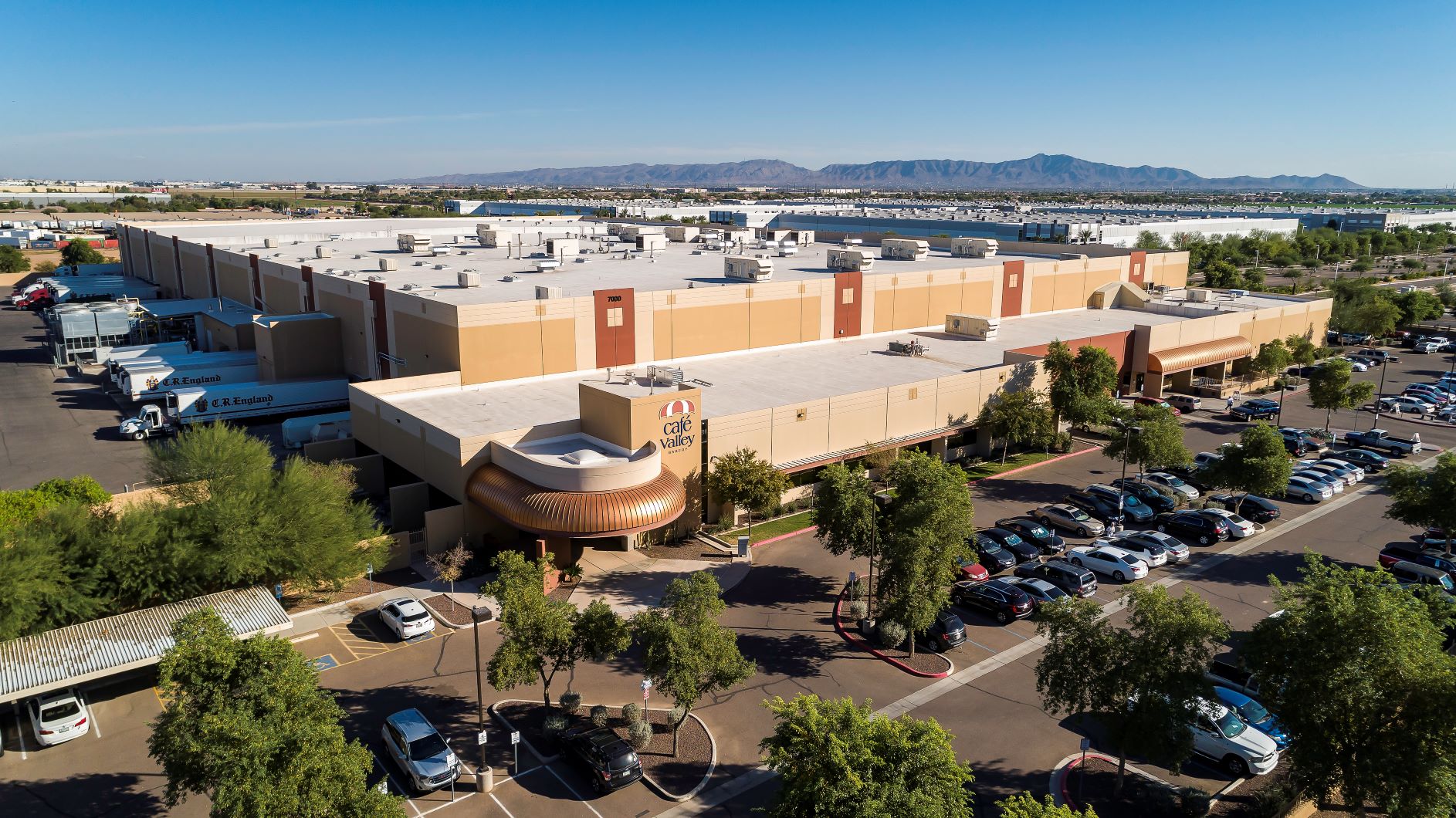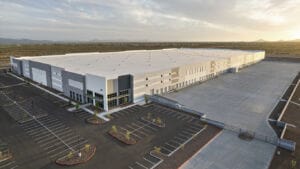CBRE Capital Markets Debt & Structured Finance has arranged a $22 million loan for the acquisition of a 285,022-square-foot cold storage facility in Phoenix.
CBRE’s Bruce Francis, Robert Ybarra, Shaun Moothart, Dana Summers, Doug Birrell and Jim Korinek facilitated the loan on behalf of the borrower, which is a joint venture between Condor Cold Storage and AEW Capital Management. Condor Cold Storage is a division of real estate investment firm Brookhollow, focused exclusively on the acquisition and development of cold storage and food-related properties.
“Given that we were in the midst of the Covid-19 pandemic, we found that running the marketing process for the loan to bring the client the best terms available proved extremely valuable,” said CBRE’s Ybarra. “This still rings true today as the market continues to be fragmented. It’s amazing how varied quotes can be coming from lenders on a particular asset. I’m glad we were able to bring the client competitive options and execute where we did.”
CBRE’s Shaun Moothart continued, “Given the uncertainty in the market and lack of capital availability today, compared with where the market was pre-Covid-19, the disparity of pricing and terms is as great as we have seen. Identifying the outlier lender is much like finding a needle in the haystack.”
Located at 7000 W. Buckeye Road in Phoenix, the cold storage facility is 100 percent leased to Café Valley, a producer of high-quality bakery products for in-store bakeries, club stores, foodservice and convenience stores around the world. The property was built in 2010 and features 36-foot clear height. It comprises a combination of office, warehouse, baking, production and state-of-the-art ammonia freezer facilities.
The property offers exceptional access to several major freeways, including Interstate10, Loop 101, Loop 202 and Interstate 17.
The food industry is undergoing significant disruption from COVID-19, as U.S. consumers increasingly have groceries delivered directly to their homes (D2C) or are buying online and picking up in store (BOPIS), according to CBRE Research. Considering that 95 percent of food produced in or imported to the U.S. goes through third-party distribution centers before reaching consumers, this shift undoubtedly will impact the cold storage sector. CBRE Research explored the relationship between e-commerce grocery growth and cold storage warehouse capacity in its Food on Demand Series: Cold Storage Logistics Unpacked report, concluding that an additional 75 million to 100 million sq. ft. of freezer/cooler space will be needed to meet demand for D2C food delivery and BOPIS. The COVID-19 pandemic is accelerating this trend.




